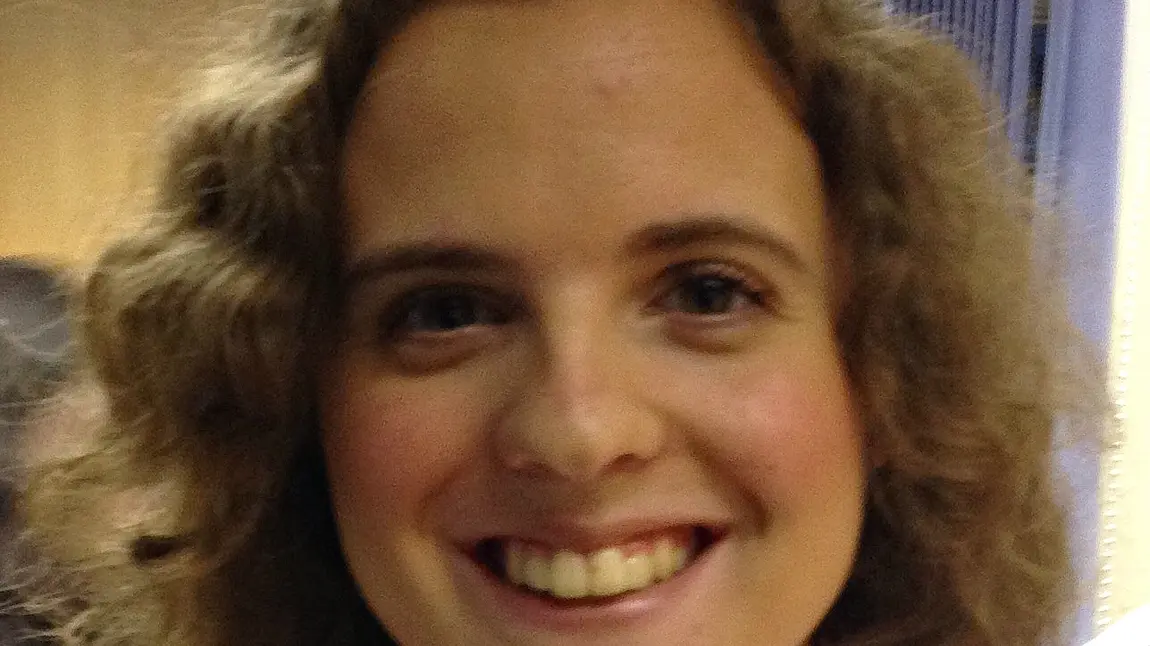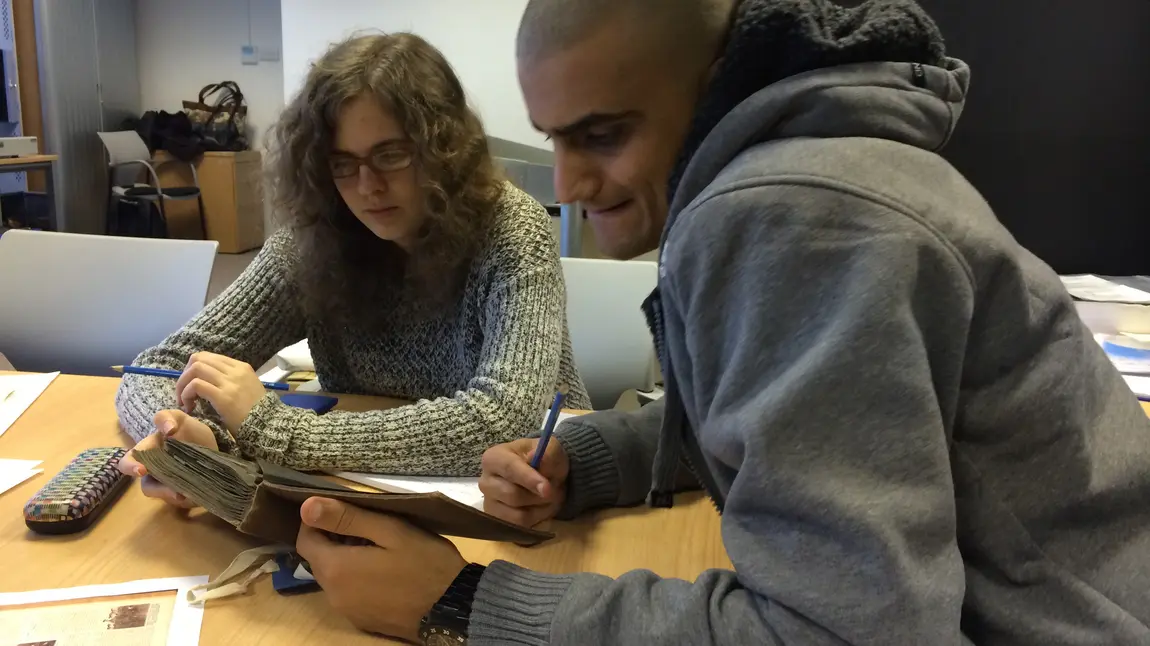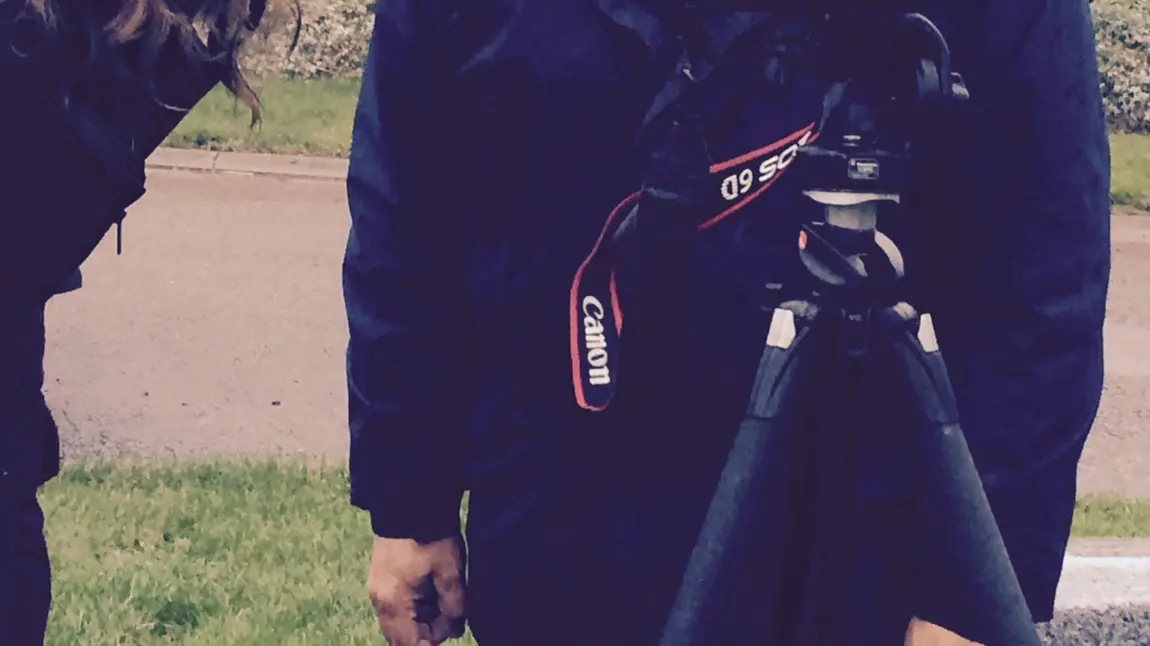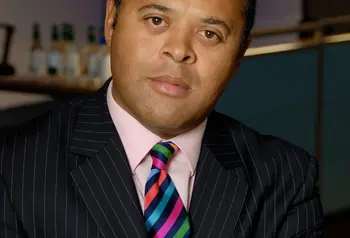Getting involved in heritage: the student’s view

I first heard of the Hidden Heroes: Soldiers from the Empire project when I was in my final year studying Television Production at Middlesex University.
The project, supported by HLF, explored the heritage of my local Middlesex Regiment, particularly uncovering the stories of soldiers from the Empire and the Commonwealth who fought in the Middlesex Regiment during the First World War. The regiment was one of the most significant Home Counties regiments, known as the Die Hards.
When my lecturer announced that researchers were needed, I thought it sounded like a great opportunity, as well as an interesting addition for my CV. I enjoy researching and I’m passionate about stories, so I was excited at the idea of researching these soldiers’ stories and learning new skills for my career.
I joined as a researcher with people studying other creative courses at the university such as film, advertising, creative writing and journalism. This meant that we had a variety of skills and insights to bring to the table and add to the project.
Learning new skills
The first step of the project was gathering research material with guidance from the Eastside Community Heritage team. One of our research trips was to the National Army Museum Photography Archive in Stevenage where we looked through archives of photographs and newspaper articles to uncover the stories of likely Commonwealth soldiers. Although the documents had become a little faded and discoloured with age, it was fascinating seeing the soldiers visually brought to life.
We then went to the National Archives in Kew, south London, to find some more information about the Middlesex and British West Indies Regiment soldiers to include in our projects. Both the weighty files I looked at consisted of a multitude of documents about issues affecting soldiers at the time.
Some of the research could be harrowing to read, including a piece including a negative exchange about soldiers focusing on their ethnic origins, and angry criticism of the man who recruited them in the first place.
However I found another piece of research to be uplifting and more positive. It featured British West Indies Regiment soldiers who had served in the Antigua Contingent. The soldiers were given a choice between a free grant of five acres of Crown Land and a grant of £5 in cash; and in addition, passports were issued free of charge to men who wished to emigrate. It was refreshing to read how the rules and racial discrimination of the time were put to one side to ensure that courage and bravery were honourably recognised and rewarded.
It was great to experience being able to access some of the many important documents and artefacts stored at the National Archives. I was able to conduct first-hand investigations and find detailed research and documents to enhance our projects. What with the reading room being nearly silent and many pages of research to read through, it was easy to lose myself in these written words from the First World War.
Showcasing our work
However, the most rewarding part of the project for me has been pulling our research together into our three project outputs to showcase our work – a website; nine podcasts, the last of which I wrote and narrated; and most significantly for me our film Hidden Heroes: Soldiers from the Empire which I had the pleasure to direct.
[quote]“It was a revelation to read through all our collective research, working out the best way to tell these wonderful tales of passion and warfare.”[/quote]
It was a revelation to read through all our collective research, honing the structure for our film and working out the best way to tell these wonderful tales of passion and warfare, and finally bringing to life the rich characters of these soldiers.
A particular highlight in creating the film was the opportunity to film in First World War cemeteries near Albert, northern France for two days, which really allowed us to immerse ourselves in the poignancy of our work and incorporate this into our film.
Now that the project has come to a close and I can reflect on my experience, I realise all the unique skills I have gained as a result. From learning the best ways to research archive material, interviewing soldiers’ ancestors, discovering how to write and narrate a podcast, creating a richly layered film from start to finish, not to mention working with a great range of people, this project has been an unforgettable and invaluable experience.
I think it will continue to provide me with strength and courage as I endeavour to build my own career.
Lauren Sears graduated from Middlesex University with First Class Honours in 2015.
Read more
- Read Professor Kurt Barling's blog about the inspiration behind Hidden Heroes
You might also be interested in...


